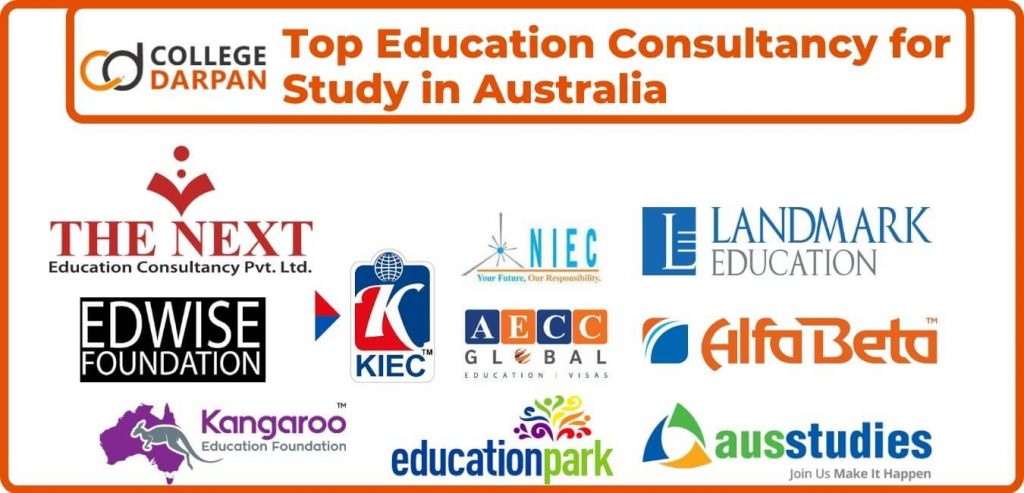The United Kingdom (UK) is one of the most popular study destinations for Nepali students. With world-class universities, globally recognized degrees, and excellent career opportunities, the UK attracts thousands of students from Nepal every year.
If you are planning to study in the UK from Nepal in 2025, this complete guide will help you understand eligibility, courses, universities, scholarships, visa requirements, costs, and post-study opportunities.
Why Study in the UK from Nepal?
- Globally recognized degrees respected worldwide
- Top-ranked universities (Oxford, Cambridge, UCL, Imperial, LSE)
- Shorter courses: 3 years for bachelor’s, 1 year for master’s
- Two-year Graduate Route visa (post-study work visa)
- Part-time work opportunities: 20 hours/week during studies
- Multicultural environment with a strong Nepali student community
Eligibility Criteria for Nepali Students
1. Academic Requirements
- Bachelor’s programs: Minimum 55–60% in NEB Grade 12 or A-Levels equivalent
- Master’s programs: Minimum 2.6–2.8 GPA in bachelor’s degree
2. English Language Proficiency
- IELTS Academic: 6.0–6.5 overall, no band below 5.5
- PTE Academic: 50–58 overall
- TOEFL iBT: 72–90
- Some universities accept the Medium of Instruction (MOI) as proof of English
3. Age & Gap Policy
- No strict age limit
- Study gaps up to 5 years accepted (with valid justification such as work experience)
Top Courses for Nepali Students in the UK
- Business & Management
- Information Technology & Data Science
- Engineering & Construction
- Nursing & Healthcare
- Hospitality & Tourism
- Law & Social Sciences
Best UK Universities for Nepali Students (2025)
| University | QS World Ranking 2025 | Average Tuition Fee/Year |
|---|---|---|
| University of Oxford | 3 | £27,000–£36,000 |
| University of Cambridge | 2 | £25,000–£35,000 |
| UCL (University College London) | 9 | £22,000–£30,000 |
| University of Edinburgh | 27 | £21,000–£32,000 |
| University of Manchester | 34 | £20,000–£28,000 |
| University of Glasgow | 76 | £19,000–£25,000 |
| University of Birmingham | 89 | £18,000–£24,000 |
Scholarships for Nepali Students in the UK
1. Government Scholarships
- Chevening Scholarship – Fully funded master’s degree
- Commonwealth Scholarship – Tuition, living expenses, and travel
2. University Scholarships
- University of Bristol Think Big Scholarship
- UCL Global Undergraduate Scholarship
- University of Nottingham Developing Solutions Scholarship
3. External Scholarships
- British Council Women in STEM Scholarship
- GREAT Scholarship for Nepal
Tip: Many universities also offer £1,000–£5,000 merit-based discounts for international students.
Cost of Studying in the UK from Nepal
1. Tuition Fees
- Bachelor’s: £12,000–£20,000/year
- Master’s: £13,000–£22,000/year
- MBA & Medicine: £25,000–£40,000/year
2. Living Costs (UKVI Requirement)
- Inside London: £1,334 per month
- Outside London: £1,023 per month
3. Additional Expenses
- Visa Application Fee: £490
- NHS Healthcare Surcharge: £776 per year
- Flight Ticket (Nepal–UK): £700–£1,200
Work Opportunities in the UK
- During studies: 20 hours/week (part-time), full-time during holidays
- National Minimum Wage 2025: £11.44/hour
- Common jobs: Retail, hospitality, delivery, care assistant, campus jobs
UK Student Visa from Nepal
Types of Visas
- Student Visa (Tier 4) – For bachelor’s, master’s, and PhD programs
- Short-term Study Visa – For English courses up to 11 months
Documents Required
- CAS (Confirmation of Acceptance for Studies) letter
- Valid passport
- Proof of funds (tuition + 9 months living cost)
- Academic transcripts & certificates
- English test results (IELTS/PTE/TOEFL or MOI)
- Tuberculosis (TB) test certificate
Visa Timeline
- Processing time: 3–6 weeks
- Apply at least 3–4 months before intake
UK Intakes for Nepali Students
- September Intake (Main) – Most courses available
- January Intake – Popular for master’s programs
- May Intake – Limited course options
Post-Study Opportunities in the UK
- Graduate Route Visa: Stay up to 2 years (3 years for PhD graduates)
- Eligible for full-time work or switching to a Skilled Worker visa
- High demand in fields like IT, healthcare, engineering, and business
Step-by-Step Application Process from Nepal
- Research universities and courses
- Prepare documents (academic, IELTS/PTE, SOP, LORs)
- Apply directly to universities or through education consultants
- Receive CAS letter
- Apply for UK student visa online
- Attend biometric appointment at VFS Kathmandu
- Book flight tickets and travel to the UK
- Register at your university and begin studies
FAQs: Studying in the UK from Nepal
1. How much does it cost to study in the UK from Nepal?
On average, £15,000–£25,000 per year including tuition and living costs.
2. Do I need IELTS to study in the UK?
Yes, IELTS or equivalent is required. Some universities accept Medium of Instruction (MOI) proof.
3. Can I work full-time while studying in the UK?
No. Students can work 20 hours per week during term time and full-time during holidays.
4. Is a study gap accepted for the UK student visa?
Yes, up to 5 years with valid justification (e.g., work experience).
5. What is the UK student visa success rate for Nepali students?
Generally above 90% when applying with genuine documents and proof of funds.
